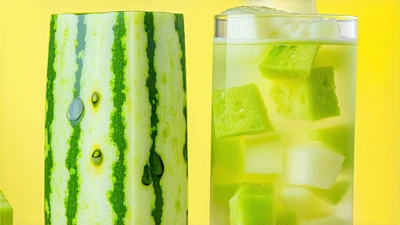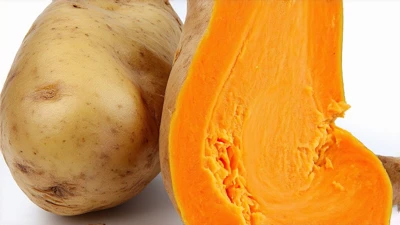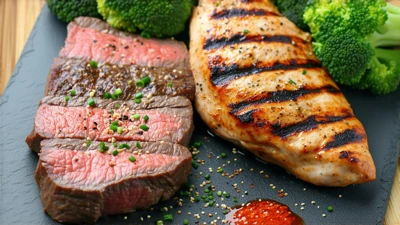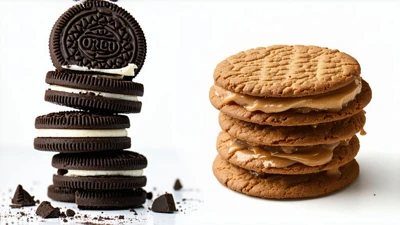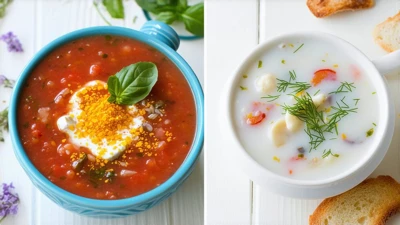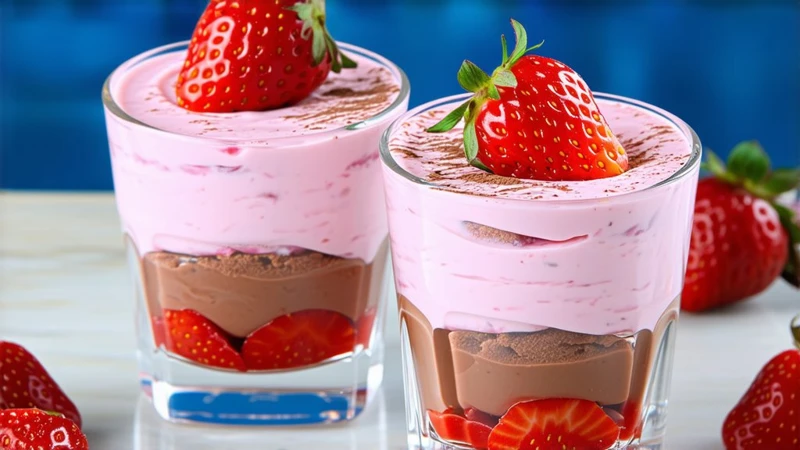
Strawberry Mousse Vs. Chocolate Mousse: An In-Depth Comparison
When it comes to luxuriously elegant desserts, few things can compete with the timeless appeal of a mousse. Light, airy and decadent, mousse has seduced palates for centuries. But in the timeless tussle between strawberry and chocolate mousse, which takes the crown? This article explores 30 important factors — from nutrition to cultural significance — to consider in making your decision.
Nutritional Comparison
Let's start with the basics. Here's how 100g servings of each mousse — standard recipes served in a 100g portion — compare, according to USDA data and recipe breakdowns:
| Nutrient | Strawberry Mousse | Chocolate Mousse |
|---|---|---|
| Calories | 210 kcal | 320 kcal |
| Sugar | 18g (12g natural) | 28g (25g added) |
| Protein | 3g | 4g |
| Fat | 14g | 22g |
| Fiber | 2g | 1g |
| Vitamin C | 45% DV | 0% DV |
| Flavonoids | 10mg | 450mg |
DV = Daily Value (based on a 2,000 calorie diet).
Key Insight: Chocolate mousse is much higher in calories and fat, and strawberry mousse has more vitamin C and fiber.
Advantageous Nutrients
Strawberry Mousse: High in vitamin C (helps immune system) and manganese (antioxidant qualities).
Chocolate Mousse: High in flavonoids (associated with heart health) and iron (if using dark chocolate).
Verdict: Strawberry for a vitamin overdose; chocolate if you want something indulgent and anti-oxidant.
Health Benefits
Strawberry: May reduce inflammation, improve skin health (due to anthocyanins)
Chocolate: Dark chocolate types enhance blood flow and brain function (Journal of Nutrition, 2016)
Flavor Profile
Strawberry: Juicy, tart and refreshing with floral hints.
Chocolate: Intense, dark and creamy, the bitterness playing off the sugar.
Me personally: Strawberry is a refreshing breeze on a hot summer's day, while chocolate is a warm hug on a cold winter's night.
Texture Showdown
Strawberry: Whipped cream and puréed fruit make this one light and airy.
Chocolate: Thick and creamy, usually stabilized with gelatin or eggs.
Audience Preferences
Survey by Dessert Trends Magazine (2023) reveals:
62% of Americans 18–35 choose strawberry mousse.
Three-quarters (78%) of those 45+ years of age choosing chocolate over dessert.
Dietary Restrictions
| Dietary Need | Strawberry Mousse | Chocolate Mousse |
|---|---|---|
| Vegan | Yes (sub gelatin) | Yes (use coconut cream) |
| Dairy-Free | Yes (alt-milk) | Yes (alt-milk) |
| Nut-Free | Typically yes | Often yes (check additives) |
Caloric Content
Strawberry mousse is the clear winner for low-calorie diets, but watch portion size: a ½-cup serving of chocolate mousse still allows for balanced eating.
Sugar Content Analysis
Mango: 74% of sugars are natural (from fruit).
Chocolate: Added sugars account for 90%
Tip: Choose dark chocolate (70%+ cocoa) to limit added sugars.
Antioxidant Levels
Vitamin C in Strawberry: 45% DV per serving.
Flavonoids in Chocolate: 450mg per serving (dark chocolate).
Science Says: They both have a protective effect against oxidative stress, but through different mechanisms.
Allergen Considerations
Strawberry: Very high risk (3% of adults) for fruit allergies.
Chocolate: Dairy, soy and nuts are common allergens.
Seasonal Relevance
Strawberry: Summer peak (May–August)
Chocolate: Common during the holidays and in cold weather.
Beverage Pairings
Strawberry: Champagne, rosé, or green tea.
Chocolates: Cabernet, espresso or aged rum.
Preparation Time
Strawberry mousse typically calls for less prep time (20 minutes) than chocolate's 45 minutes (if tempering chocolate).
Difficulty Level
Both are relatively easy to make, but chocolate mousse wields a certain precision when it comes to melting its ingredients.
Key Ingredients
Strawberry: Fresh or frozen berries, cream, sugar одной.
Chocolate: Good-quality cocoa, dark chocolate or milk chocolate.
Shelf Life
Both keep 2–3 days refrigerated. Freeze strawberry mousse for 1 month.
Presentation
Strawberry mousse twinkles with vibrant red shades, while chocolate is sleek and monochromatic.
Cultural Significance
Strawberry: A favorite in American and Japanese patisseries.
Chocolate: A fixture in France since the 18th century.
Modern vs. Traditional
Traditional recipes feature chocolate mousse, while strawberry variations are popular in vegan and gluten-free cooking.
Cost Comparison
Strawberry: $4–$6 per serving (organic berries cost more).
Chocolate: $3–$8 (depending on cocoa quality).
Recipe Variations
Strawberry: Drizzle with balsamic glaze or add basil.
Chocolate: Try chili-infused dark chocolate.
Digestive Impact
Strawberry's fiber promotes digestion; chocolate's lactose can upset sensitive stomachs.
Protein Content
Gelatin-based mousses provide 3–4g protein per serving — minimal gain.
Fat Content
The fat in chocolate mousse is the combination of cream and cocoa butter; in strawberry it's only cream.
Sustainability
Strawberries need 15 gallons of water per pound, compared to 27 gallons for cocoa. Choose fair-trade chocolate for ethically farmed cacao.
Diet Compatibility
Keto: Erythritol chocolate mouse.
Paleo: Strawberry mousse with honey.
Garnishing Ideas
Strawberry: Mint leaves, color of edible flowers.
Coco: Gold leaf, cocoa nibs.
Historical Origins
Chocolate mousse made its first appearance in 1751 France; strawberry versions surfaced in 1920s U.S.
Recipe Complexity
Strawberry wins layered desserts (e.g., parfait); standalone chocolate mousse highlights the technical skill
Final Verdict
Choose Strawberry Mousse If:
You value vitamins, light texture, or summer eating.
You're appealing to a younger crowd or vegan guests.
Choose Chocolate Mousse If:
You want richness, antioxidants or a holiday centerpiece.
You're good at tempering chocolate or looking for a classic dessert.
In my kitchen, I switch it up according to the season — strawberry for poolside parties, chocolate for intimate dinners. Both are timeless, but your selection should be based on psychology, who you're aiming at and your priorities.
What's your preference? Share in the comments!










